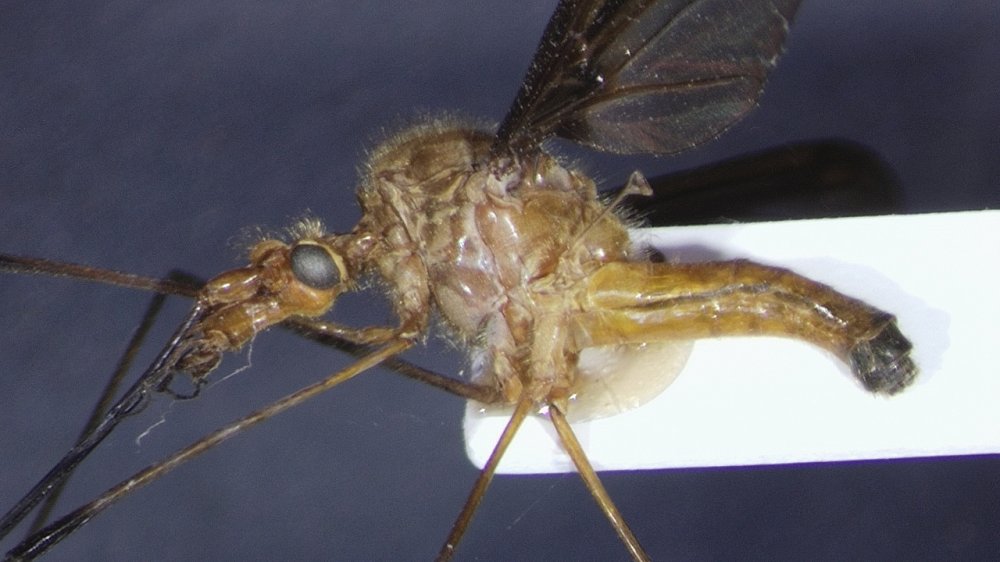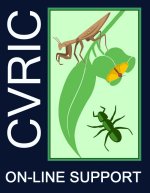Entomology

Entomology is rooted in nearly all human cultures from prehistoric times, primarily in the context of agriculture (especially biological control and beekeeping). The natural philosopher Pliny the Elder, (23 - 79 AD) wrote a book on the kinds of Insects, while the scientist of Kufa, Ibn al-A‘rābī (760 - 845 AD) wrote a book on flies, Kitāb al-Dabāb (كتاب الذباب). However scientific study in the modern sense began only relatively recently, in the 16th century.
Early entomological works associated with the naming and classification of species followed the practice of maintaining cabinets of curiosity, predominantly in Europe. This collecting fashion led to the formation of natural history societies, exhibitions of private collections, and journals for recording communications and the documentation of new species. Many of the collectors tended to be from the aristocracy and it spawned off a trade involving collectors around the world and traders. This has been called the "era of heroic entomology." William Kirby is widely considered as the father of entomology in England. In collaboration with William Spence, he published a definitive entomological encyclopedia, Introduction to Entomology, regarded as the subject's foundational text. He also helped to found the Royal Entomological Society in London in 1833, one of the earliest such societies in the world; earlier antecedents, such as the Aurelian society date back to the 1740s. In the late 19th century, the growth of agriculture, and colonial trade, spawned off the "era of economic entomology" which created the professional entomologist associated with the rise of the university and training in the field of biology.




